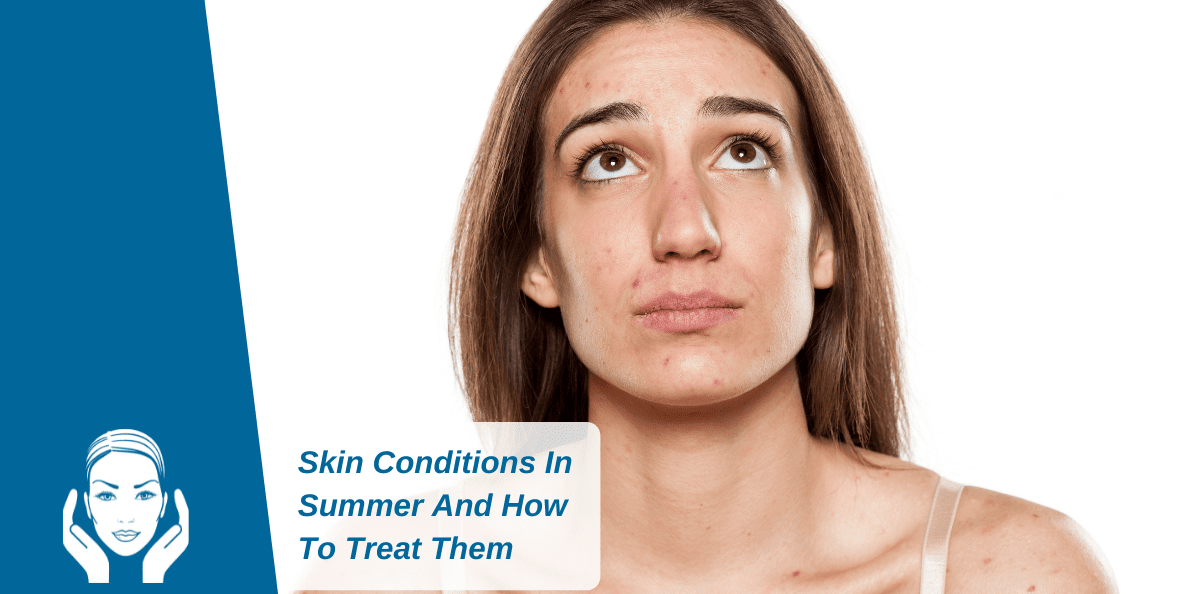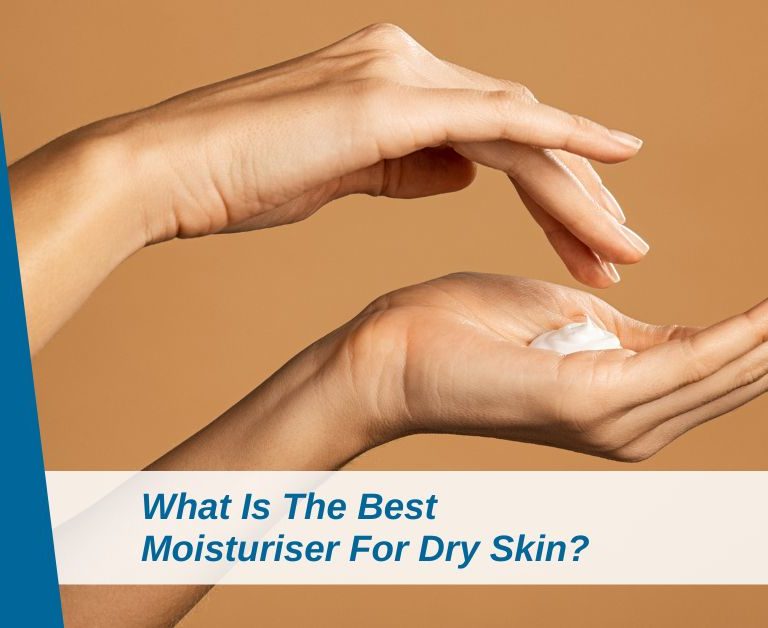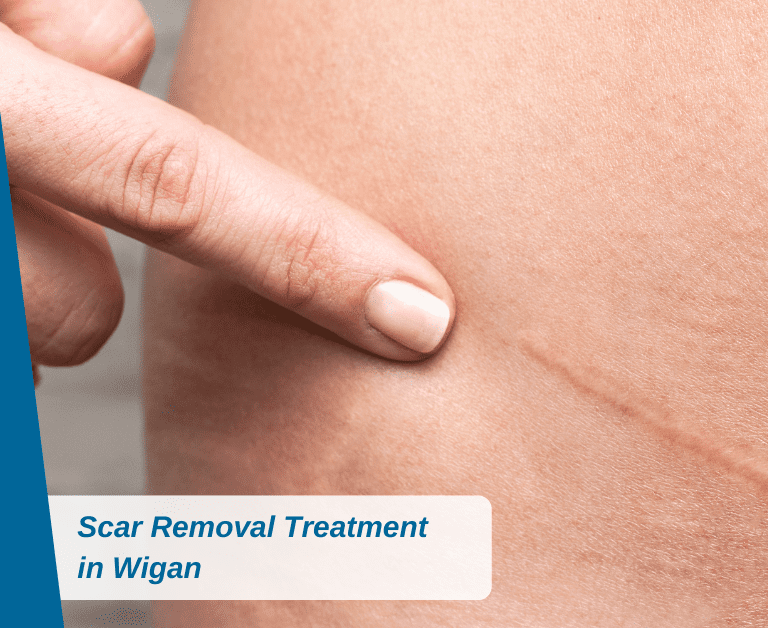Skin Conditions In Summer And How To Treat Them
When we think of summer complexions, we imagine a sun-kissed radiance that naturally glows without the need for makeup. Unfortunately, for a great many this is not the case, and the rise in temperature can cause skin conditions in summer, such as acne, rosacea and melasma.
Skin conditions in summer can lead to anxiety and a loss of self-esteem, but there are ways in which these imperfections can be treated. North West Aesthetics offers a variety of treatments that address acne, rosacea and melasma, helping you on your way to achieving the bronzed, dewy glow you desire.

Acne
The sebaceous glands found on the surface of the skin produce an oil known as sebum, which helps to lubricate the hair and skin. When the glands produce too much sebum, the oily substance sticks to dead skin cells and clogs the pores, which results in acne.
During the warmer summer months, the extra heat, sweat and humidity that the body emits creates the perfect environment for the mixture of sebum and dead skin cells to become even stickier. This prevents oxygen from reaching the pores and allows bacteria to multiply rapidly, exacerbating acne symptoms and inflammation.
How To Treat Summer Acne
Opting for mineral-based sun creams, rather than their oily alternatives, can help to prevent outbreaks by minimising the addition of extra oils to the body. Remember to thoroughly cleanse you face and body at the end of each day to ensure your pores do not become clogged.
Severe acne may require more than mere adjustments to your skincare routine. North West Aesthetics offers two treatments that effectively reduce the symptoms of acne and the scars it leaves behind: The Obagi® Blue Peel and our famed Dermaroller treatments.
Obagi® Blue Peel
The Obagi® Blue Peel contains salicylic acid, which removes dead skin cells and rids the skin of excess oil. The peel stimulates the production of new, healthier skin cells, brightening and firming the skin on the way to a fresh and radiant complexion.
Dermaroller
Dermaroller treatments inflict micro-injuries on the skin using fine needles, thus stimulating the body’s natural healing response. New collagen-rich tissue is then formed, which diminishes the appearance of acne scarring and smoothes and tightens the skin.
Rosacea
Rosacea is an inflammatory skin condition which manifests itself as redness across the nose, cheeks and forehead, as well as in the form of tiny bumps and blood vessels visible on the skin’s surface. It is not known what causes rosacea, but certain triggers worsen the symptoms, including alcohol, spicy food and warm weather.
How To Treat Rosacea
Protect your face from the sun’s rays by using the correct SPF sun cream for your skin type and wearing a hat or visor. Information regarding integrating SPF into your skincare routine can be found in our previous blog.
Exercising is another rosacea flare-up tripwire and when twinned with being outdoors over summer this can be particularly problematic. Try to time outdoor exercise wisely by avoiding the hottest part of the day, between 10am and 2pm.
Laser Resurfacing
Laser treatments are often recommended by dermatologists as part of a treatment plan for rosacea sufferers. During Laser Resurfacing, thermal energy is applied to the appropriate areas of the face, destroying visible blood vessels and the outermost layers of the skin. New skin cells are regenerated, resulting in a smoother, more even tone.
The Opera LED Mask
Research suggests that Light Emitting Diode (LED) Therapy can be especially effective when treating rosacea. The Opera LED Mask uses three different light wavelengths alongside galvanic currents to maximise results. Light penetrates the skin, increasing blood flow and stimulating cellular repair. Collagen production and improved circulation rejuvenate the skin and reduce the redness and bumps associated with rosacea.
Melasma
Melasma is a skin condition characterised by brown or grey patches on the face. The exact cause of melasma is unknown, although it is linked to the overproduction of melanin – the pigment which gives the skin its colour. Exposure to UV light from the sun or sunbeds can trigger melasma or make it worse.
How To Treat Melasma
Protection from the sun is vital in avoiding outbreaks of melasma. Sun cream should be used even on cloudy days and must be reapplied every two hours while outside. Opting for gentle skincare products that do not irritate the symptoms of melasma also helps to reduce further discolouration.
ZO® Skincare
Only available with prescription, the ZO® Skincare range delivers exceptional results for severe hyperpigmentation, including melasma. The ZO® Multi-Therapy Hydroquinone System is recommended as a starting point, and includes a high-strength exfoliating cream, broad-spectrum SPF and skin lightening and correcting creams. Further products, including the ZO® 3-Step-Peel, are available to treat more stubborn patches of melasma.
Laser Resurfacing
Laser treatments are sought by those whose melasma seems resistant to traditional topical treatments. Such treatments target the outer layer of the skin, destroying surface skin cells while simultaneously heating the lower layers of the dermis. Collagen production is stimulated and new skin cells form, reducing melasma patches and creating a more even skin tone.

Book Your Consultation
To minimise skin conditions In summer such as acne, rosacea or melasma and give your skin back its summer glow, book your consultation at North West Aesthetics. To find out more about any of the treatments mentioned above, make an enquiry through our website.
Don’t forget to follow us on social media to stay up to date with our latest offers and promotions.



